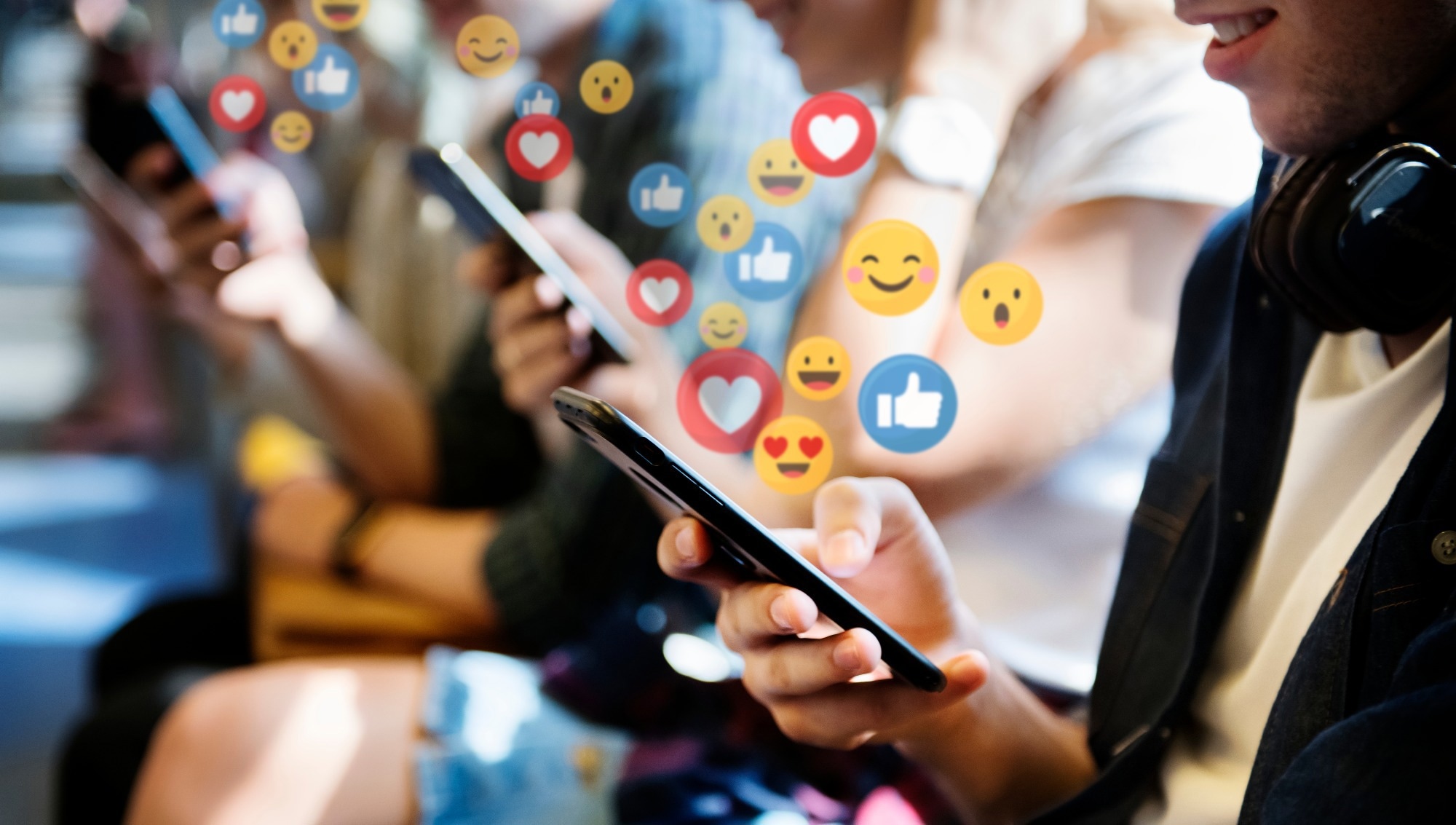A study published in the journal Children addresses the risk factors associated with the use of social media among adolescents and its impact on their overall wellbeing.
Study: Healthy Social Network Use and Well-Being during Adolescence: A Biopsychosocial Approach. Image Credit: Rawpixel.com / Shutterstock
Background
Social media use has become an integral part of daily life particularly among adolescents and young adults. Both real and virtual world networks with family and friends play a vital role in shaping the development of adolescents by providing them with social support. Although most of the available evidence highlights the negative impact of social media use on adolescents’ mental health and wellbeing, its positive impact is not well-documented in the literature.
Certain contextual factors, such as parent and peer support, and individual factors, such as gender, physical activity, and psychological factors, are known to predict the wellbeing of adolescents. Social media use is also known to affect adolescents’ wellbeing depending on the type of use, duration of use, investment, and level of addiction.
In this study, scientists have explored the differences between healthy, unhealthy, and dependent use of social media among adolescents and its impact on their wellbeing. The study’s main aim was to identify the personal, interpersonal, and contextual factors associated with social media use among adolescents.
Study design
The Health Behavior in School-aged Children (HBSC) 2022 is a survey conducted in Portugal every 4 years since 1998 in collaboration with the World Health Organization (WHO). The data on the nature and dependency of social media use collected in the survey was analyzed in this study.
The study population included a total of 7,643 students from the 6th, 8th, 10th, and 12th school grades. Based on the survey findings related to social media dependency, three groups of adolescents were identified: minimal dependency, moderate dependency, and high dependency groups.
The variables assessed in the study in the context of social media dependency included wellbeing, psychological symptoms, sleep quality, physical activity, eating habits, family support, discussion with family and friends, relationship with peers and teachers, liking school, stress management, violent activities, socioeconomic status, online relationships, and on-screen time.
Important observations
Statistically significant differences in all studied variables were observed between the three dependency groups, except for the free time spent on screen.
The study analysis revealed that adolescents with high dependency on social media have more sleep difficulties, more arguments with family and friends, more violent activities, and worse relationships with teachers. They seemed to spend more time online with friends. Moreover, significant associations of high social media dependency were observed with female gender, comparatively older age, having self-injurious behavior, and higher alcohol consumption habits.
In contrast, adolescents with minimal social media dependency showed significantly higher wellbeing status, fewer psychological symptoms, better stress management, better body awareness, higher physical activity, less time spent on screen, and better relationships with family and teachers.
Other variables that showed significant associations with high social media dependency included higher perception of lack of safety at school and residential areas and higher free time spent on screen.
Study significance
The study identifies multiple psychological, social, and environmental factors that essentially influence the impact of social media use on adolescents’ mental health and overall wellbeing.
Thus, the wellbeing of adolescents who have good social and personal relationships with family, friends, and teachers is expected not to be negatively impacted by social media use. Moreover, it is important to maintain a balance between social media use and other leisure activities to ensure their mental health and wellbeing.
According to the scientists, using social media can be a healthy behavior if accompanied by certain protective factors, such as positive relationships with parents, teachers, and friends, perception of safety, and alternative leisure time activities.
Further Viewing – Is Social Media Hurting Your Mental Health?
Is Social Media Hurting Your Mental Health? | Bailey Parnell | TEDxRyersonU








